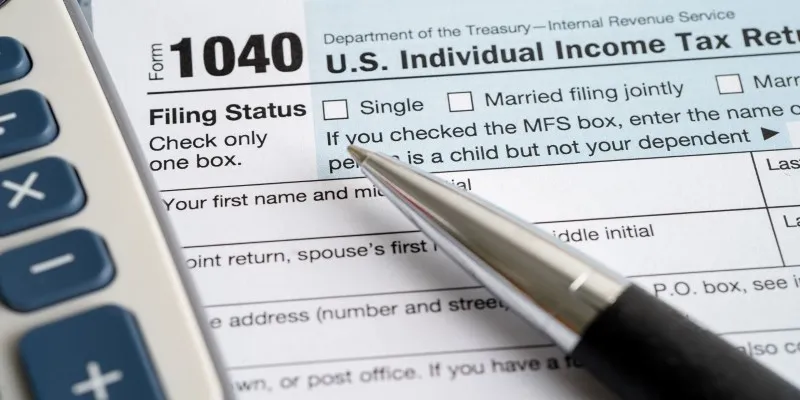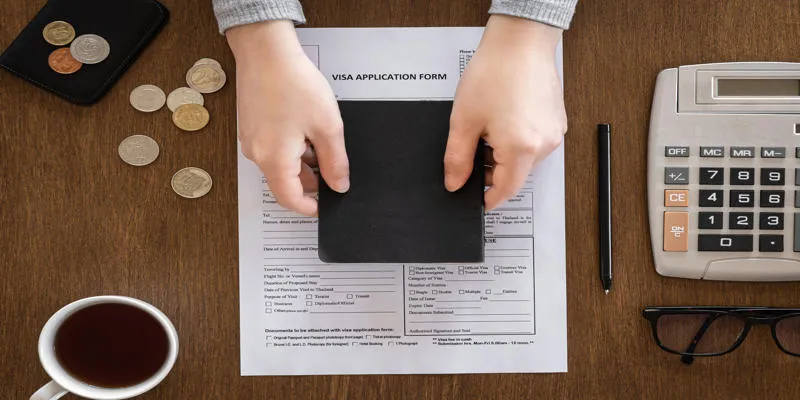Maximizing Self-Employment Tax Deductions: Key Tips for 2024
Being self-employed offers numerous advantages, but it also brings a set of financial responsibilities, particularly regarding taxes. Navigating self- employment taxes is crucial, and understanding which deductions you can claim is key to reducing your taxable income. This article explores essential self- employment tax deductions, helping you optimize your tax situation and stay compliant with the IRS.

Understanding Self-Employment Tax Deductions
The tax landscape for the self-employed differs significantly from that of employees. As a self-employed individual, you are responsible for both the employee and employer portions of Social Security and Medicare taxes, known as self-employment tax. Therefore, tracking tax deductions is vital.
The IRS allows self-employed taxpayers to reduce their taxable income through certain business expenditures. However, not every expense qualifies as a deductible business expense. Knowing which deductions are eligible and how to claim them correctly is essential.
By utilizing legitimate tax deductions, you can decrease the income subjected to self-employment tax. It’s important to differentiate between self- employment taxes and income taxes, as certain deductions may apply only to one or both.
Common Tax Deductions for Self-Employed Workers
Self-employed individuals can benefit from various tax deductions related to business operations and associated costs. Here are some key categories:
Business Expenses

Business-related expenses are often tax-deductible for self-employed individuals. These include office supplies, rent for office space, software subscriptions, and essential equipment. If you work from home, you might qualify for the home office deduction, covering a portion of your rent or mortgage, utilities, and related expenses.
Car expenses are another common deduction. If you use your vehicle for business, you can deduct mileage or actual car expenses, such as gas, maintenance, and insurance. Keeping thorough records is essential to avoid issues with the IRS.
Travel and Meals
Business-related travel expenses, like airfare, lodging, transportation, and meals, are deductible. The IRS has strict guidelines on what qualifies as a business trip, and personal travel expenses are not deductible.
Meals are deductible at 50% when directly related to business activities. For example, dining with a client or business partner can be deductible if it is directly tied to the business relationship.
Marketing and Advertising
Marketing and advertising expenses are deductible for self-employed workers. Whether you’re investing in digital ads, printing brochures, or running a social media campaign, these costs are part of promoting your business and are deductible.
Health Insurance and Retirement Savings Deductions
Self-employed individuals lack employer-sponsored benefits like health insurance and retirement plans. Fortunately, the IRS allows deductions for these expenses, significantly impacting your tax situation.
Health Insurance
If you’re self-employed, you can deduct 100% of your health insurance premiums, including those for your spouse and dependents, provided you are not eligible for employer-sponsored insurance elsewhere. This deduction is a substantial tax break, especially for those with high healthcare costs.
The deduction applies to premiums for medical, dental, and long-term care insurance and must be claimed on your income tax return, not as part of your self-employment tax.
Retirement Savings

Contributions to retirement savings accounts, such as a SEP IRA, Solo 401(k), or SIMPLE IRA, are another crucial deduction for self-employed workers. These plans allow substantial contributions, reducing your taxable income for the year. Retirement plan deductions are a powerful tool for saving for the future while reducing your current tax burden.
Record-Keeping and Filing Tips for Self-Employment Deductions
To maximize self-employment tax deductions, accurate record-keeping and careful filing are essential. The IRS requires self-employed individuals to maintain detailed records of all business-related expenses, income, and transactions. Without proper documentation, you risk missing deductions or facing penalties or audits.
Keep Detailed Records
Maintain organized and accurate records, including receipts, invoices, and bank statements related to your business expenses. Track every potentially deductible expense and categorize them according to business activities.
Use Accounting Software
Consider using accounting software to streamline your record-keeping process. Tools like QuickBooks or FreshBooks can automatically categorize expenses and generate financial reports, simplifying tax time. These programs also help you track your self-employment tax liability and provide a clear financial overview throughout the year.
Consult a Tax Professional
While it’s possible to handle self-employment tax deductions independently, consulting a tax professional can ensure you’re maximizing all available deductions. A tax expert can navigate complex tax laws, especially if you have multiple income streams or need guidance on retirement account deductions.
Conclusion
Self-employment tax deductions are vital in reducing your tax burden. By understanding deductions for business expenses, health insurance, and retirement savings, you can lower your taxable income and retain more earnings. Accurate record-keeping is crucial to claiming all eligible deductions. While managing taxes independently is feasible, consulting a tax professional can help maximize deductions and ensure compliance. With the right approach, you can efficiently navigate self-employment taxes and save money.










